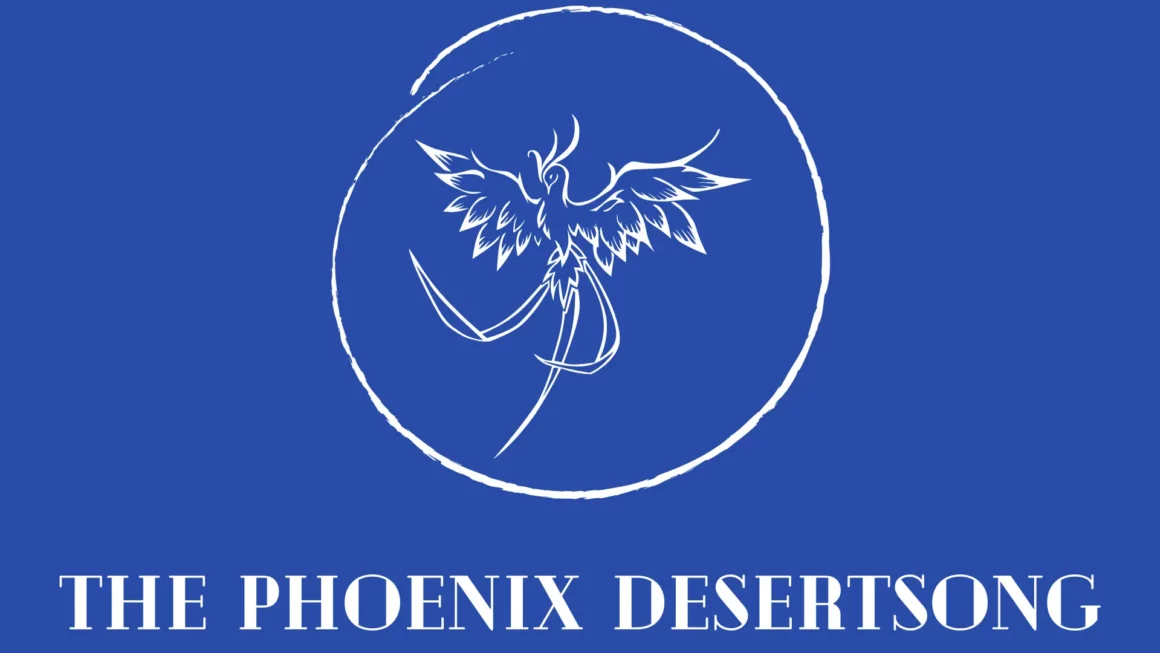Since the 2020 pandemic, my primary focus in my life was to make the best of my writing archives. As of September 2022, however, my focus has shifted slightly: make my writing archives better. This is, in fact, a very straightforward process. Find the posts that used to get love and improve them, then find what should be ranking and improve those, and ditch those that never got anything and should just be filed away for idea recycling.
Thing is, it’s not like I woke up one day in COVID lock-down and decided, hey, I should edit my old posts. Actually, I’ve been revising old posts since 2009 when I first became active on WordPress. There are pieces I wrote before that, some as far back as 2003, which appear on The Phoenix Desertsong today, albeit not at all in their original form.
For some reason, I’ve always been an obsessive editor. Some edits are for the better, and some were decidedly not. But, becoming a better editor made me a better writer. Honestly, I now consider myself a better editor than a writer.
So, Can You Be Both an Editor and Writer and Succeed?
You absolutely can be an editor and a writer simultaneously and be successful. Don’t listen to the old maxim, “most editors are failed writers,” because that’s simply not true. Sure, there are editors who failed at making it big on their writing alone. Editing and writing does involve developing separate, although complimentary, skill sets.
But, as I specialize in being a generalist, a contradiction in terms if there were ever one better, it became a key motivator to me to not only be the best writer I could be, but also the best editor I could be. I have long felt, and still feel, that a writer is incomplete unless he/she/they understand at least the basic tenets and concepts that make good editors successful.
I recently purchased a book entitled “Writing Without Bullshit” written by Josh Bernstein, himself both an editor and writer for nearly four decades. It may surprise you to hear this, but the only way you can become a better writer and/or editor is to read a lot. You don’t need to go take masterclasses or get a Masters or even PhD in a writing-related field. It’s not that these things don’t have value – they do – it’s just that without being dedicated to reading at least as much, if not much more, than you write, you’re never going to improve as much as you could.
This is a major reason why Substack newsletters coming into my life has helped me grow as both a writer and editor. When you read with the eye of an editor, even if you’re not allowed to edit that piece directly, you see where the writing works for you and where it doesn’t. You then apply these thoughts to your own writing work, look for things that didn’t work for you in your own previous work, and learn how to overcome these impurities in your expressive art.
So, yes, I feel that it’s not only possible to serve as both an editor and writer, having success in both fields, but it’s a huge growth opportunity for editors and writers both to at least seriously work at the other’s craft.
Why I Rewrite Old Posts Obsessively
Why do I edit my old posts with such regularity, and why have I continued to do so, updating articles with more ferocity with each passing year? Well, if the man I learned from most about SEO, Neil Patel, has his team working on 23 old articles each week for each one Neil posts, he clearly understands the value of past content. I use Neil’s exact advice every month when I’m optimizing for search engines; looking for pages that once did well, but don’t get the love any more, or posts that showed up in search, but never got many (or any) clicks.
Using the data, I also decide which posts should be taken down and mulched for ideas. Sadly, that just happens, because not everything you produce is going to succeed; in fact, Neil himself says his top 10 pages make up about 28 percent of his overall traffic to his website. However, I don’t entirely agree that you should “only write content based on what both people love and search engines love.” I do think you should write that content, of course, and I’ve done that in the past. But, now, I just write what I want and worry about the SEO later. I do still care about keywords, of course, but I no longer worry how much traffic it gets as long as it gets something.
So, now that I have my post updating prioritized, what does updating old posts actually involve? Honestly, it’s a lot of keyword research, lots of reading on related subjects, and a lot of frustration. Fortunately, search engines, especially Google, love websites that constantly update their existing content. They love resources, and honestly, so do I. While I don’t consider my website a resource in itself, per se, I do like to think of a lot of my essays as things people can return to and appreciate the ideas within them. After all, why else write them for online publishing?
Why I Must Raise My Writing to New and Exacting Standards Every Day
But, there’s a lot more than grinding for better SEO when it comes to constantly editing my writing. I’ve been doing this for years, consistently upping my standards and revamping posts to meet those standards. This isn’t to say I edit posts because I hate them or even think they’re particularly bad necessarily. It’s more like I see content as something to be nurtured and tended to much like a garden.
A few years back I wrote a rather silly piece about growing an evergreen forest of content. But, it was a rather silly and honestly amateurish take on what’s actually quite an important concept. This is why I entirely ejected that premise for a much more serious take, one which will probably turn into the basis of the book I started on in 2021 titled “The Edit of the Art.” This could honestly be the first chapter of said book, once I get around to actually outlining and developing it, and not just copy and pasting old articles and expanding them into book chapters.
Thomas and I were recently talking about the very idea of building a popular website. I said to her that it’s like an ecosystem, in which links provide the connections to not only other posts in your own site, but also all around the internet, connecting knowledge and bridging gaps that would otherwise never be crossed through a simple search engine query. And, when links decay, they need to be treated as you would decayed plants. You have to weed out the dead weight, perhaps find a new and better source, or an archived version of that same post.
At the same time, I’ve begun the process of “mulching” posts on The Phoenix Desertsong, the continuation of a process that began early in 2018 when I was cleaning out my writing archives. This process wasn’t completed until early in 2022, at which point I finally realized that I needed a better content plan going forward. Many old, under-performing posts were broken down into their bare essentials, just so I can revisit the ideas later.
In a way, the process of mulching posts is like producing fertilizer for your content garden. Ideas are valuable, even when they’re poorly presented or not fully explored. There are likely about 200 posts currently on The Phoenix Desertsong right now as I write this that won’t be there by the time the calendar flips to 2023.
However, I don’t just delete these posts out right. I make sure I have an archived copy to review later. That way, when I’m stuck for an idea – which frankly I haven’t been lately thanks to my complete revamping of my writing notebook strategies – I still have something to fall back on.
When My Poetic Side Creeps in From the Background
As a rather prolific, and quite inconsistent, poet from my high school days through a good chunk of my adult life, there’s an inclination for me to throw some artsy phrases into my prose. While I haven’t entirely pursued poetic prose as a regular art form, it certainly works its way into bits and bobs here and there, even in my “serious” nonfiction writing.
Perhaps I should’ve continued to develop my poetry further; I’ve pretty much cut myself from writing poems in the 2020’s. Occasionally, a verse or two will squeak out, but it’s quite rare. Instead, the little ditties I used to get in my head stay just that. But, if a random lyric comes spurting out of my subconscious, it usually finds a way to weave itself into whatever I happen to be working on at that particular time. Some of these orphaned lyrical scraps become post titles, subheadings, or simply just curiosities meant to be locked away in my writer’s notebook until such time I can unlock their true potential.
In any case, writing poetry has helped my prose and vice versa. Getting better at my craft simply involves writing, editing, writing some more, and editing once again. The repetition and refinement my techniques of both the actual wordcraft, and editing process are the only “secrets” that I have in reaching an expert level in both fields. I don’t pretend to be the best writer or editor in the world, and I know I can only continue to improve by producing and smoothing over my works. With enough dedication, you can always become better than those you currently feel are the best.
~ Amelia Desertsong



